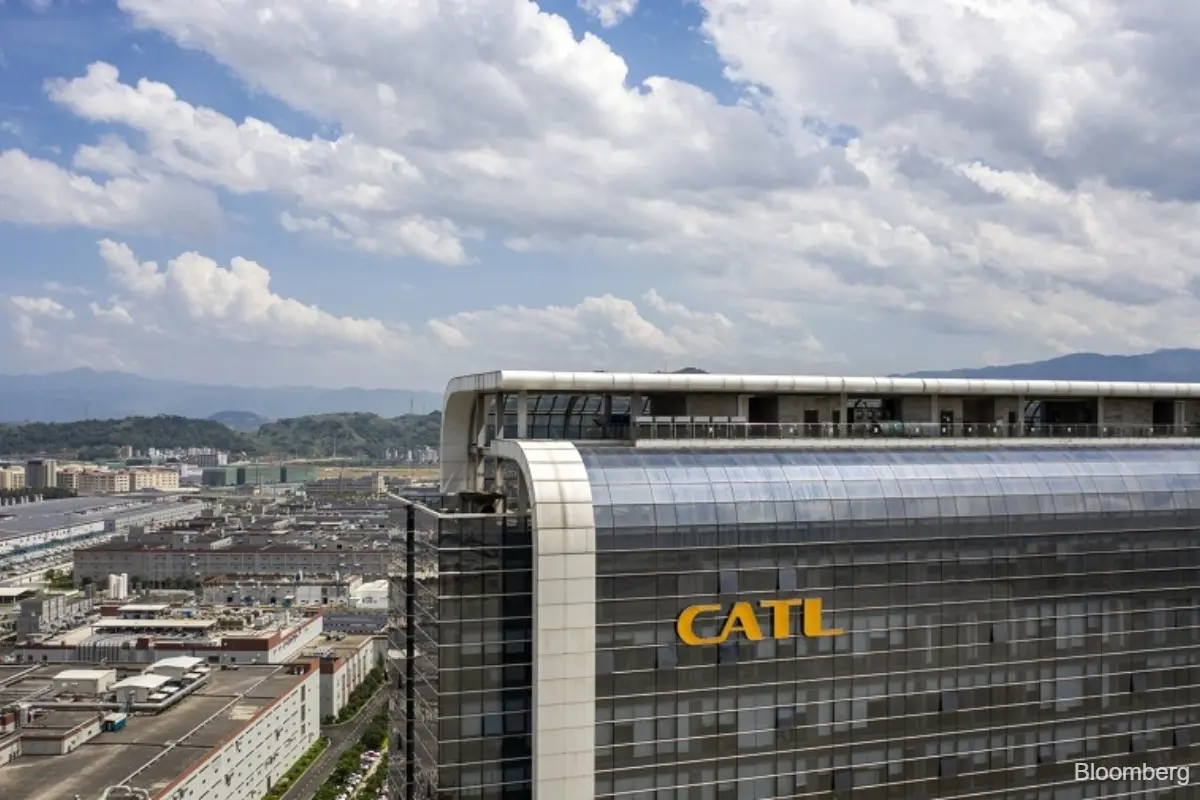Shares in CATL, the world’s largest electric vehicle (EV) battery maker, begin trading in Hong Kong on May 20 following a $4.6 billion IPO—the largest globally so far in 2025.
The Chinese company supplies major automakers including Tesla, Volkswagen, and local EV champions like Nio, cementing its role in the global EV supply chain. The Hong Kong listing will test international investor appetite amid mounting U.S.-China trade tensions and volatile global markets.
CATL reportedly priced its shares at HK$263 ($33.63), the top of its range, putting it on par with Midea Group’s listing last September. For comparison, the largest U.S. IPO this year—by Venture Global, a natural gas exporter—raised $1.75 billion.
While CATL already trades in Shenzhen, the Hong Kong listing gives it access to more liquid, globally accessible capital markets. “H-shares” (Hong Kong-listed Chinese stocks) are easier for non-Chinese investors to trade than China’s “A-shares,” and Southbound flows from the mainland to Hong Kong have surged recently as investors seek exposure to Chinese tech giants like Tencent and Alibaba.
Who Is CATL?
Founded in 2011 by Robin Zeng, Contemporary Amperex Technology Ltd. (CATL) now produces nearly 38% of the world’s EV batteries, according to SNE Research. It leads rivals such as BYD and LG Energy. The company is backed by Beijing’s push to dominate strategic sectors, including EVs, batteries, and renewables.
Its latest battery promises 320 miles of range on a 5-minute charge, surpassing BYD’s newest version, which claims 250 miles. But a slowdown in EV demand and aggressive price competition in China have pressured margins.
CATL posted $50.2 billion in 2024 revenue, down nearly 10%, though profits rose 15% to a record $7 billion. Its Shenzhen-listed shares are up 28% over the past year.
Rising U.S. Scrutiny
CATL’s global ambitions come amid deepening U.S.-China tensions. In January, the U.S. Department of Defense labeled CATL a “Chinese military company,” citing national security risks. While the designation carries little direct legal weight, it has stirred political backlash.
U.S. banks JPMorgan and Bank of America helped underwrite CATL’s IPO, drawing criticism from U.S. lawmakers. CATL later adjusted its offering structure to exclude U.S. investors.
In contrast, Chery Group, another Chinese EV maker aiming for a $1.5 billion IPO, is proceeding without U.S. banking partners.
As tensions grow, Hong Kong may benefit from more listings by Chinese firms shut out of—or voluntarily leaving—U.S. exchanges, fueling a surge of “homecoming IPOs.”

